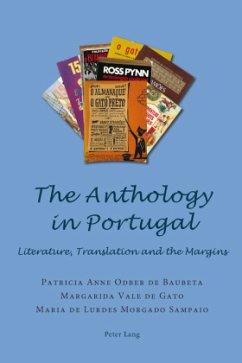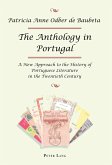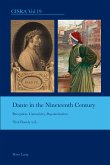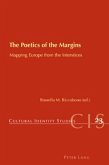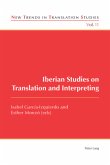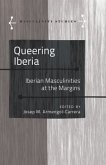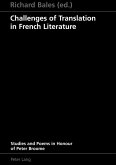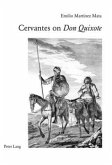Following on from Patricia Anne Odber de Baubeta's The Anthology in Portugal: A New Approach to the History of Portuguese Literature (2007), these new essays explore further the issues of reception, translation and canonicity. The three authors have produced complementary studies that focus on the role of anthologies in promoting international literary exchange, evaluate the relationship between the literary canon and literature at the margins, and flag up the importance of cover art in conditioning reader expectations.
The first part of the book examines both collections of translated short stories considered suitable for children, even if originally written for an adult readership, and, in contrast, high-quality anthologies for older readers, produced in the context of a transnational publishing franchise. The second section offers a thorough analysis of Edgar Allan Poe's reception in Portugal, including where, how and by whom he was disseminated. The history of Poe in Portuguese also sheds valuable light on the broader history of translation and translation anthologies in Portugal. The final part of the volume charts mystery and detective stories selected and translated for Portuguese anthologies and magazines by the leading cultural mediators of the 1940s and 1950s, with an assessment of their contribution to literature in Portugal.
The first part of the book examines both collections of translated short stories considered suitable for children, even if originally written for an adult readership, and, in contrast, high-quality anthologies for older readers, produced in the context of a transnational publishing franchise. The second section offers a thorough analysis of Edgar Allan Poe's reception in Portugal, including where, how and by whom he was disseminated. The history of Poe in Portuguese also sheds valuable light on the broader history of translation and translation anthologies in Portugal. The final part of the volume charts mystery and detective stories selected and translated for Portuguese anthologies and magazines by the leading cultural mediators of the 1940s and 1950s, with an assessment of their contribution to literature in Portugal.

